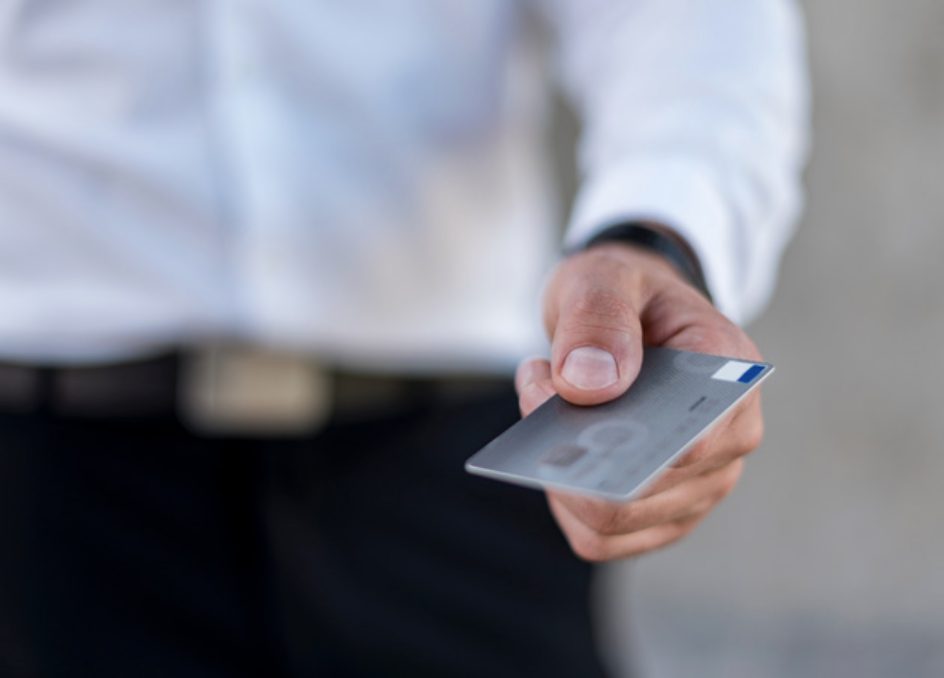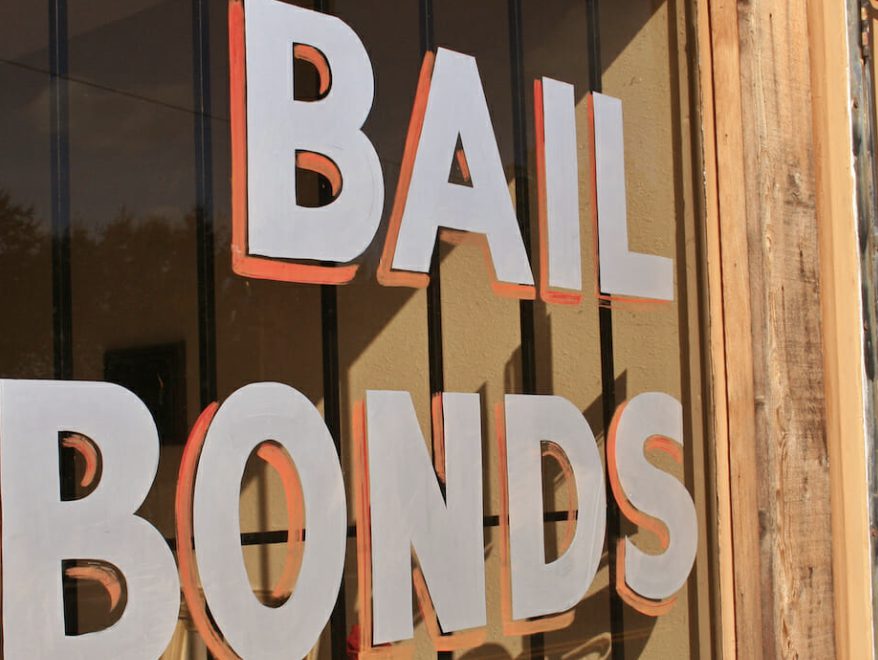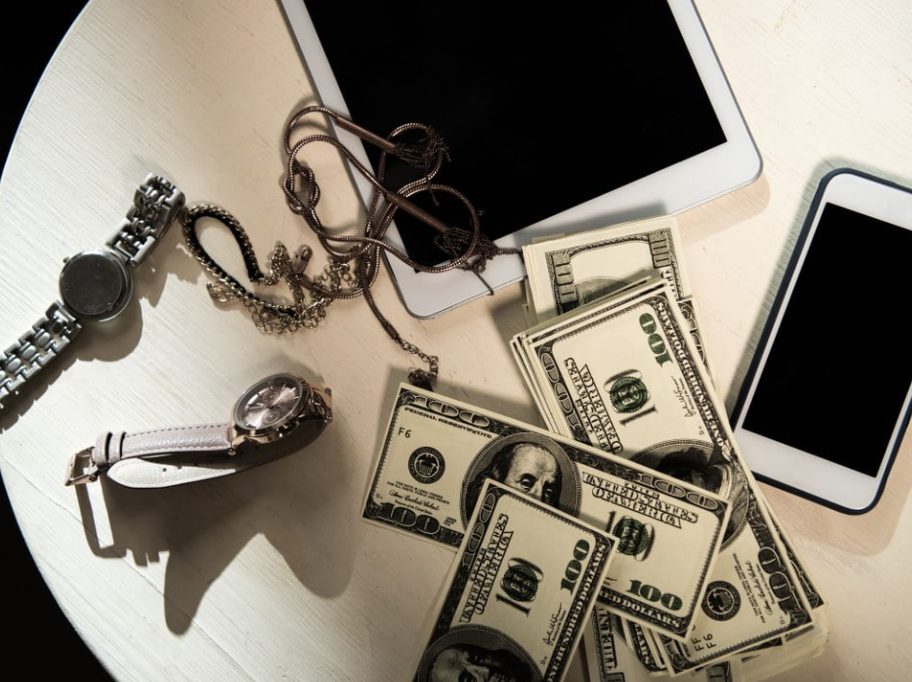Do Bondsman Take Credit Cards?
Your guide: Do Bondsman Take Credit Cards?
Listen, sometimes life throws you curveballs and you just need to find a solution. So, if you’ve ever found yourself in a situation where bail is set for a family member or friend, you need to move fast.
If you’ve ever wondered, “Do bondsmen take credit cards?” you’re in the right place. Today we are going to answer just that and share some info about the process of posting bail. It can be stressful and confusing, especially when trying to figure out how to pay.
Keep reading to find out more.
Also read: BRICS: Russia Officially Becomes Largest GDP in Europe

What is a bail bond?
A bail bondsman will offer a bail bond, which is a sort of surety bond, to guarantee a defendant’s release from custody. When the court sets bail, it’s usually a substantial sum of money that most people are unable to afford on their own.
Bail bond businesses intervene on behalf of the defendant to pay the bail amount; typically, they charge a non-refundable fee equal to 10-15% of the entire bail amount.
What payments do bondsmen take?
Bail bond firms are aware that not everyone has easy access to substantial sums of money. As a result, they provide a range of payment options to suit diverse budgetary constraints. Credit cards, debit cards, cash, checks, and money orders are examples of common payment methods. This adaptability may come in handy during a tough period.
Do Bondsmen Take Credit Cards?
Now, let’s address the main question at hand, “Do Bondsman Take Credit Cards?” Yes, typically, many bail bond agents take credit cards. Especially over the last few years. They know that some family/friends might not have instant access to cash. To ensure the defendant’s prompt release from custody, credit cards might offer a quick and safe method of paying for a bail bond.
Also read: BRICS: Why Do Asian Countries Buy Oil With the U.S. Dollar?
A word about Card Processors
Card processors handle the transaction when you pay for a bail bond with a credit card. Remembering that bail bonds are regarded as exceedingly risky investments is crucial. Credit card companies may charge extra for some transactions, and not all bail bond agents take credit cards. It’s important to find out which cards the particular bail bondsman takes.

Other Types of Accepted Collateral
Bail bond agents may take additional forms of collateral in addition to credit cards in order to secure the bond. This can apply to real estate, automobiles, or other priceless possessions. Collateral gives the bail bond agent extra security and guarantees that the bond will be paid if the offender doesn’t show up for court.
Working with a Bail Bondsman
When working with a bail bondsman, it’s essential to discuss all available payment options. Bail bond agents are typically willing to work with you to find the best solution. They understand the urgency of the situation and aim to make the payment process as smooth as possible.
How much do you have to pay on a $1000 bond?
Your bail is determined by the court. A percentage of the bail bond’s face value, often 10%, is paid to the bail bond broker. Your $1,000 bail bond, for instance, would be paid to the court to fund your bail, and you would pay your bail bond broker $100 (10% of $1,000) for your $1,000 bail bond.
Does a bond go against your credit?
Next, let’s touch on your credit score. Typically, there is no negative impact on your credit score for getting a bond. So, let’s say someone defaults on their responsibilities. This might have an impact but it going to have more legal repercussions than a simple dip in your credit score. The court may file further charges against the offender or apply penalties if they break their agreement or don’t show up.

Conclusion
In conclusion, when it comes to how to get someone out of jail, it can be a sticky situation. Especially if you need to post bond. So, if you’ve come here wondering if bondsmen take credit cards, the answer is generally yes.
Many bail bond companies accept credit card payments. Just remember if that does not work out there are other sorts of collateral you can post to get your friend/family member out of the joint.
Good luck out there!
